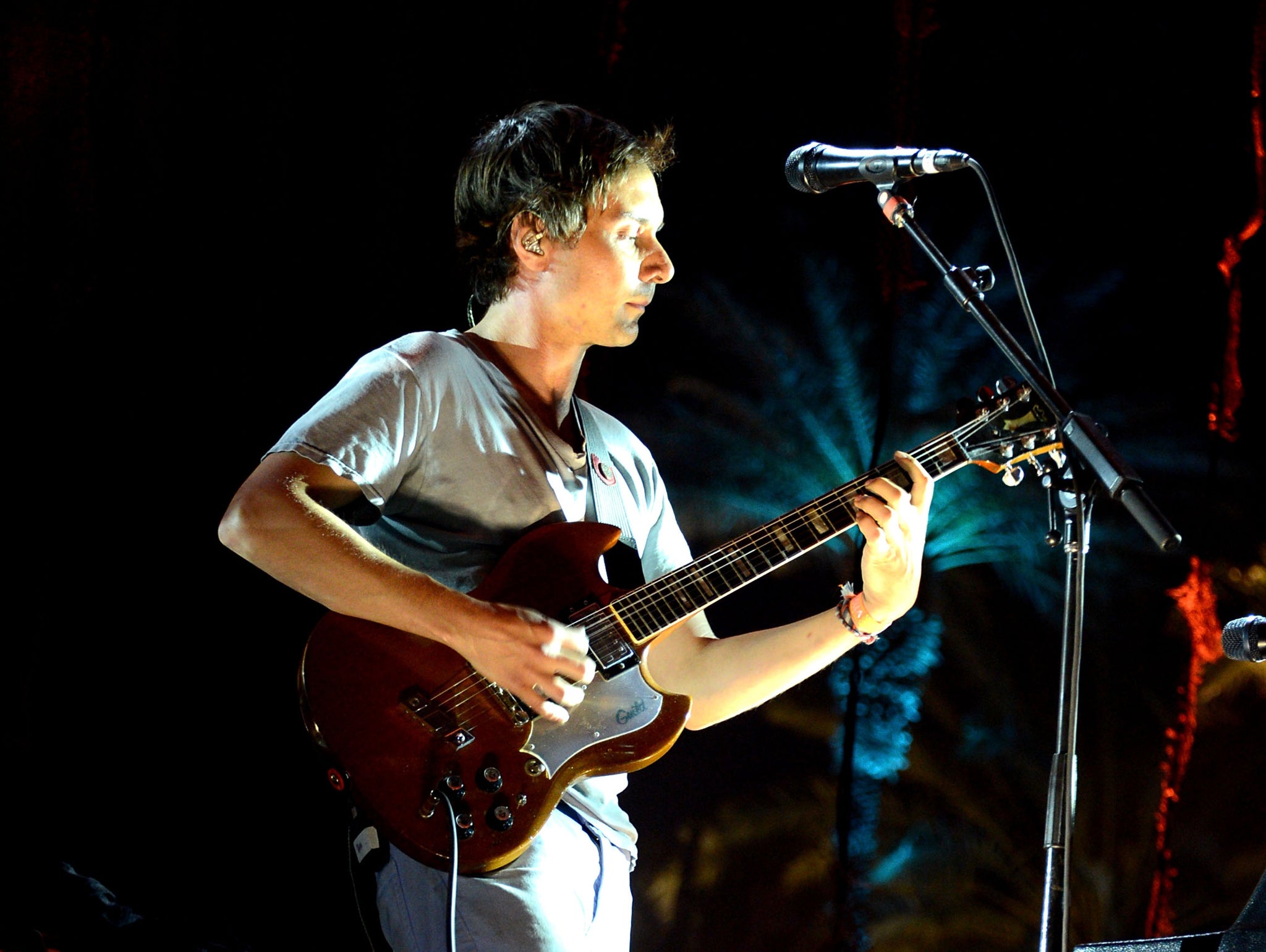Daniel Rossen, Union Chapel, review
Stripped of Grizzly Bear’s layers, Rossen has singer-songwriting strength

Your support helps us to tell the story
In my reporting on women's reproductive rights, I've witnessed the critical role that independent journalism plays in protecting freedoms and informing the public.
Your support allows us to keep these vital issues in the spotlight. Without your help, we wouldn't be able to fight for truth and justice.
Every contribution ensures that we can continue to report on the stories that impact lives

Kelly Rissman
US News Reporter
The merchandise stand is so bare of Daniel Rossen “product”, a fan asks if she can take a small poster from the wall. The quiet man of Grizzly Bear, whose last two albums hit the US Top 10, finds solitude more natural than touring, and has nothing to sell here. When he makes clenched small talk during guitar-tuning gaps between songs, the task of solo performer seems penance, not pleasure.
The self-described “hermetic kind of guy” has extracted himself from upstate New York seclusion onto the road partly for the reason a parent forces an introverted child out to play: he thinks it might be good for him. He also wants to simply play music, away from the hype and expectation which weighs on even a medium-sized indie success such as Grizzly Bear. A man who had no knowledge of folk or blues growing up is taking a troubadour’s holiday.
Grizzly Bear’s style by the time of 2012’s Shields had grown into an epic sound marked by complex and sometimes jarring time-signature shifts and accretions, and oblique lyrics. You could say much the same for The Shins, Califone, Modest Mouse, and most of the last decade’s US indie successes, all schooled in post-punk angularity as much as folk sincerity. With only acoustic guitars, a not very grand piano and a diffident personality, Rossen strips such songwriting bare.
His set-list is drawn from solo EP Silent Hour/Golden Mile (2012), associated demos, his pre-Grizzly Bear band Department of Eagles, covers, and two tunes from his day-job. Playing guitar on his EP’s “Up on High” and “Silent Song”, the latter’s knotty, unconvinced lyric about salvation rises and falls on surprising chord-changes. A harsher clang over rippling notes marks “Return to Form”, the deeper, abrasive tones suggesting a dark fairy-tale undergrowth.
Rossen’s voice has similar complexity. Instead of the tiresome, post-Elliott Smith indie fashion for quavering faux-sensitivity, his high notes have deeper undertones. His Department of Eagles songwriting partner, Fred Nicolaus, once suggested the 1960s LA gang of Randy Newman, Van Dyke Parks and Harry Nilsson as idols. When Rossen’s singing rings through the church on their haunted contemporary Townes Van Zandt’s “Kathleen”, there’s just a touch of Fred Neil’s low, rich voice.
The crowd are as socially awkward as Rossen, unsure how to respond to this unusual performance. The final run of songs rewards them with a hint of concerted meaning in his non-confessional, non-linear lyrics. “Golden Mile”, with golden light illuminating the singer and the portcullis church grills which are his grand backdrop, is powered by choppy reproach and passion.
“Not Coming Back” is to do with the guilty ache of being away from home playing, while Grizzly Bear’s “Sleeping Ute” relishes its freedom. He ends with Judee Sill’s “Waterfall”. Stripped of Grizzly Bear’s layers, Rossen has much of such forebears’ singer-songwriting strength. His helplessness in the seconds between singing, his unsuitability, in a way, to be on-stage at all, makes a memorable contrast.
Subscribe to Independent Premium to bookmark this article
Want to bookmark your favourite articles and stories to read or reference later? Start your Independent Premium subscription today.
Join our commenting forum
Join thought-provoking conversations, follow other Independent readers and see their replies
Comments